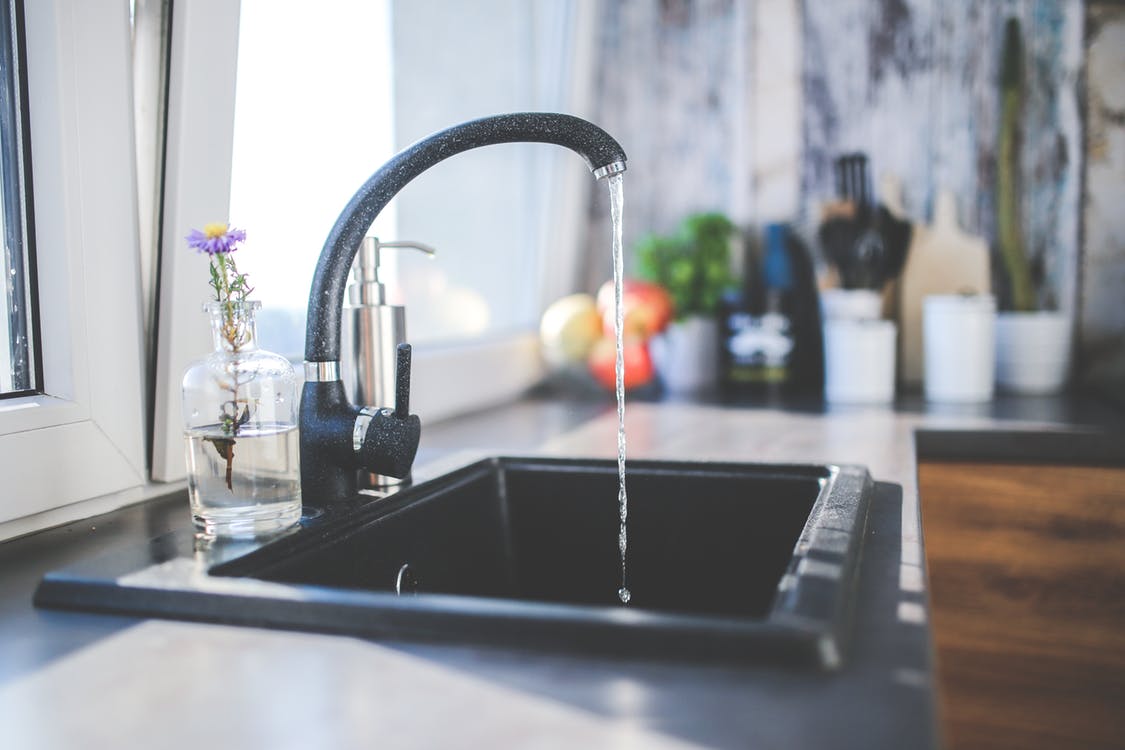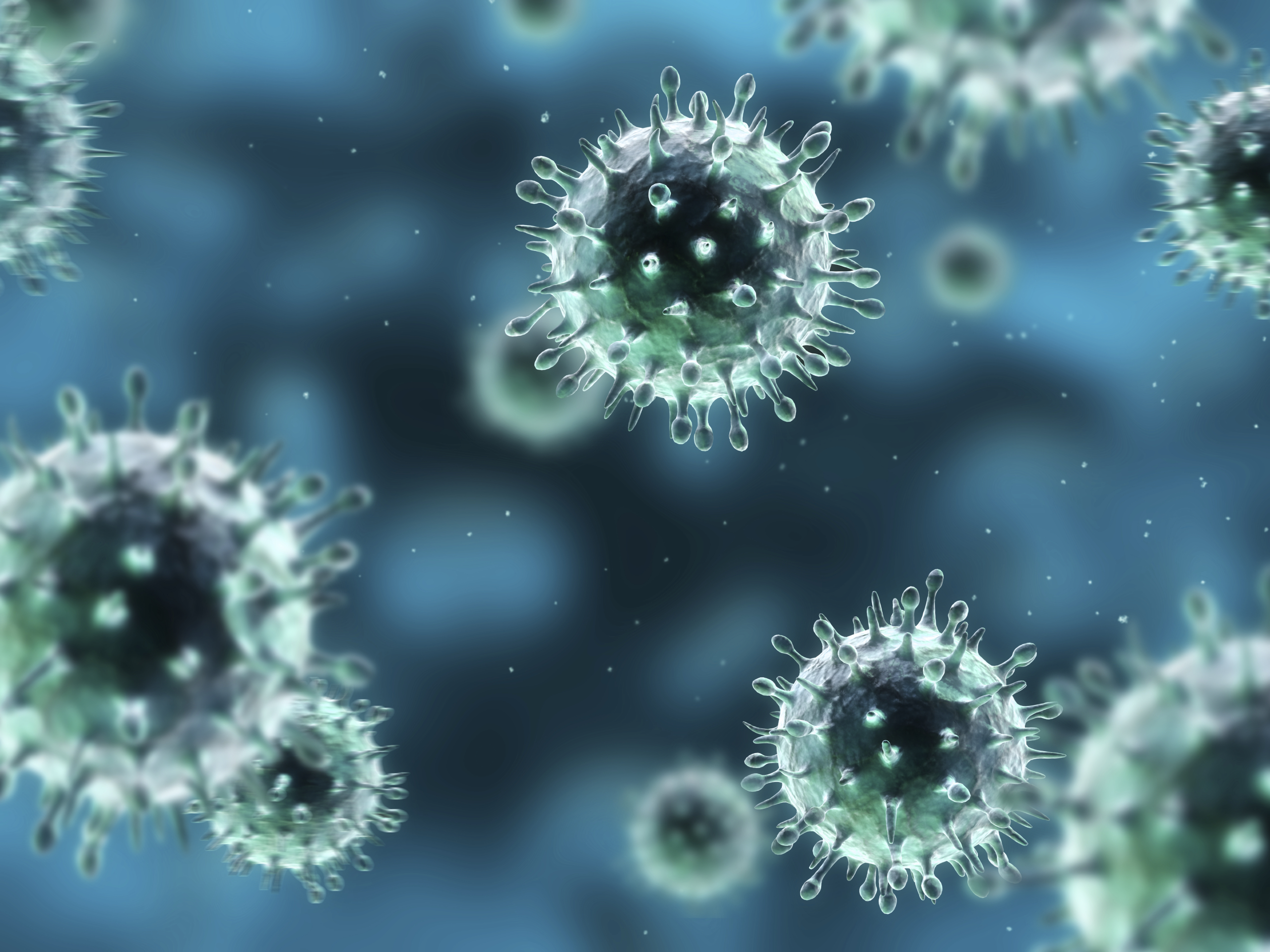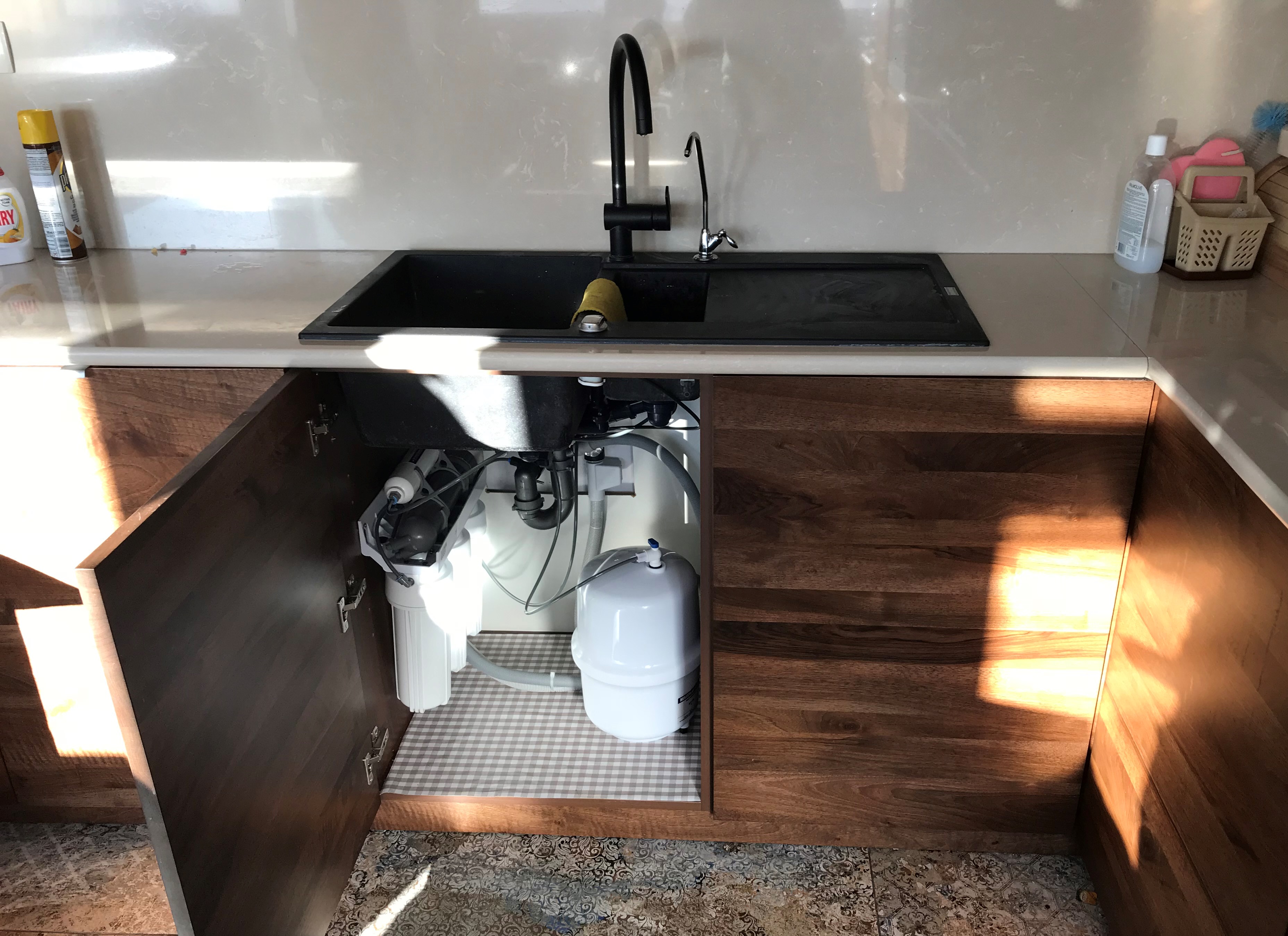Why Do You Need a Water Filtration System?
Clean water is essential for life. We need it to drink. It’s essential for cooking. And we couldn’t clean without water. Without clean water, we would struggle to maintain our health. Many of us are lucky enough to have access to a source of relatively clean water. But just because our water is considered to be suitable for consumption by your city, doesn’t mean it’s clean enough to protect your home or your health. In fact, water filtration is essential for remaining in control of what chemicals are able to cross over from your water into your home. Do you want to ensure you and your family have access to the purest water available? In the following lines we are going to be talking about water filtration in order to find out what can we find in tap water and how to remove impurities through a water filter system.
What’s In Your Tap Water? Tap water is safe in many places, but that doesn’t mean you’re not ingesting impurities. Indeed, depending on where you live, you might be drinking bacteria, chemicals, and debris floating around in your municipality’s water system. 1. Chlorine
1. Chlorine
Chlorine is added to water to make it safe because its toxicity kills bacteria and microbes that might otherwise make you sick. We need chlorine in our water to prevent the spread of illnesses through drinking water. But that doesn’t mean you want to drink the chlorine. A study published in Epidemiology examined 141,000 births in Norway. The researchers found that children who lived in places where chlorine was added to the tap water experienced a 14% higher risk of having birth defects. Urinary tract abnormalities doubled. So while chlorination is the widely accepted way of cleaning water, it should still be filtered out before you drink it, particularly if you live in an area where trihalomethanes (THMs), developed by the combination of chlorine and organic matter, tend to fluctuate.
2. Fluoride
Many cities add fluoride to their water as a public health measure. But not everyone needs the extra fluoride. While the fluoride added to your water won’t hurt you, you can still choose to filter it out.
3. Lead
Lead is another contaminant that can show up in your tap water. Old pipes, cost-saving measures, and disregard for public health can all lead to lead levels above the legal limit. Lead-contaminated water can be devastating to community health. Protecting yourself and your family from contaminated water is your responsibility. A water filtration is the best way to protect your water no matter where you live.
4. Nitrate
Nitrate forms naturally when nitrogen is combined with oxygen. All living things need nitrate, and it’s found in your drinking water. In fact, nitrate forms naturally at the surface, particularly in groundwater and well water. However, when nitrate reaches high levels, it can be dangerous, particularly for pregnant women and children. High levels of nitrate can be caused by fertilizers, industrial waste, septic systems, poor well construction, and the improper disposal of waste. If you live in a rural area and get your water from a well, you should have your water tested at least once a year to make sure your water quality hasn’t changed. Continue to have it tested even when you’ve purchased a water filter system. Nitrate can be removed through distillation and water filtration methods.
5. Viruses
Water-transmitted viruses can carry infectious diseases. Hepatitis A, norovirus, and rotavirus can all be transmitted through water. In most cases, these viruses enter water through animal or human waste. In most cases, you won’t find these in your drinking water in the city. Water is treated for viruses and it’s routinely monitored in urban areas. Filtration provides an extra layer of protection for tap water drinkers. It’s certainly recommended for rural water protection. These are the five most common types of water contamination. But what else can you find in your water? Arsenic, Copper, E. coli, Enterovirus, Radon, Salmonella, Shigella…
But what else can you find in your water? Arsenic, Copper, E. coli, Enterovirus, Radon, Salmonella, Shigella…
Benefits of a Water Filtration System
Your water may contain any number of potentially harmful chemicals or organisms. We’re not saying that to scare you. After all, most tap water is treated and safe to drink. But there are more benefits to a water filtration system than clearing those last few impurities from your water.
1. It protects the environment. Having access to safe water at all times means you don’t need to worry about buying bottles of water on a regular basis. If we buy fewer bottles of water, we can reduce the number of plastic bottles that end up in landfills.
2. Water filtration saves money. If you don’t need to buy water every week, you can rule out an additional bill. Filtration systems also reduce plumbing bills because the heavy metals and chemicals that damage your pipes are filtered out.
3. It protects you from disasters. Water can be contaminated from any number of sources. Burst sewer lines, dumping, and run-off can all result in a loss of access to clean water. Having a filtration system protects your home from losing access to water.
Reverse Osmosis Systems (RO) A reverse osmosis system is usually comprised of a tank found under your kitchen sink. Reverse osmosis uses a pump to reverse the effect of osmosis. Basically, the tap water will pass through a membrane while the contaminants are held back. They can remove up to 99% of pollutants, which is great. But overall, reverse osmosis systems require little maintenance, improve water quality, and are an easy way to protect your family’s drinking water. Water Filtration Systems Make Life Better
Water Filtration Systems Make Life Better
Protecting your water is akin to protecting your health. A water filtration system is an essential part of protecting your water by removing extra impurities or even protecting you from a crisis should your water source be contaminated. A reverse osmosis system represents the best solution for truly clean water.


 BiH
BiH
